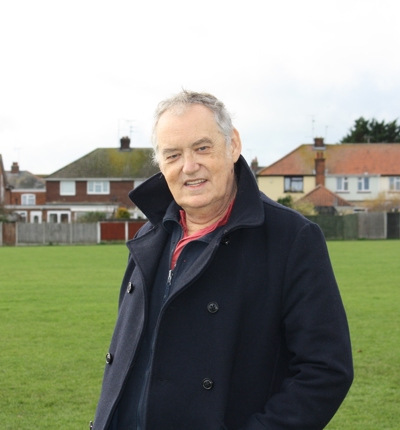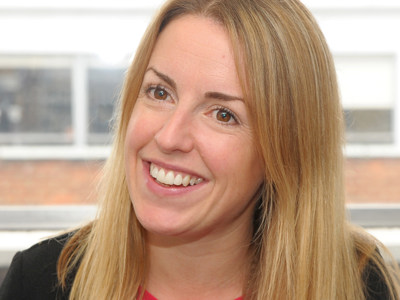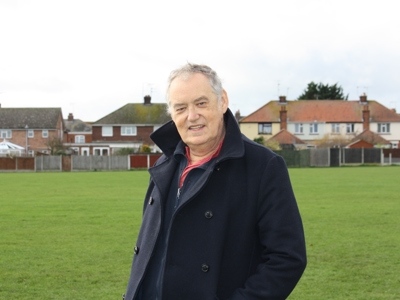
Campaigner applies to have Voter ID legal challenge expedited in Supreme Court
As plans for voter ID were firmed up in the Queen’s Speech today, campaigner Neil Coughlan is hoping to bring forward his legal case on the issue in the Supreme Court.
Posted on 11 May 2021
The Government outlined proposals for voters to show photo identification at the polling booth in future general elections when they unveiled their legislative plans for the new Parliamentary session on Tuesday, 11 May 2021.
But Mr Coughlan, aged 68, of Witham, Essex, has been fighting a legal case against the proposals since pilot schemes in 10 local authority areas were rolled out in 2019. A judicial review that he brought in the High Court ruled that the schemes were lawful and judges at the Court of Appeal agreed.
However, Neil was given permission to take his case to the Supreme Court and this week his lawyers at Leigh Day solicitors will submit an application for his case to be expedited and considered as soon as possible.
They say that given the fundamental constitutional importance of the issues, Neil’s case should be heard quickly.
There is added urgency because the Government says it intends to introduce a Bill “at the earliest opportunity” to require voters to produce photographic identification at polling stations in Parliamentary elections in the UK.
Neil, who is crowdfunding his case, says Parliament should be informed by the judgment of the Supreme Court whether the pilot schemes carried out by the Government were unlawful.
When it is considered, Neil will argue that the pilots which the Government rely on as the evidence base for bringing in the primary legislation are unlawful.
He argues:
- The right to vote in local government elections is a constitutional right
- Any interference with that right requires clear words in a statute, andA requirement to produce identification at the polling booth as a prerequisite to voting is an interference with the constitutional right to vote.
The case is supported by LGBT Foundation and Stonewall representing the interests of individuals who identify as lesbian, gay, bisexual and/or trans and Runnymede Trust, Operation Black Vote and Voice4Change representing the interests of Black, Asian and Minority Ethnic voters. They have been granted permission to intervene in the case by the Supreme Court.
The Government says voter ID is to prevent voter impersonation in polling stations. However, the evidence suggests that this kind of fraud is rare and in 2017 there were 28 allegations of impersonation out of nearly 45 million votes cast. This reflects one case for every 1.6 million votes cast. Of those 28 allegations, one case resulted in a conviction.
Neil does not have photographic ID and when he challenged the pilot schemes, one of which was in his area, he said he believed many of his neighbours do not possess the required documents either. He believes many people will be discouraged from voting and is concerned that if the proposal is rolled out nationally it will serve to disenfranchise many voters.
The potential impact across the country could be huge as according to the Electoral Commission 3.5 million electors (7.5% of the electorate) do not have any photo ID. If restricted to passports and driving licences, potentially 11 million electors (24% of the electorate) would not have the right ID to comply with the scheme.
Neil Coughlan said:
“Now that Voter ID plans have been included in the Queen’s Speech, I am asking the Supreme Court if it is possible for my case to be heard as soon as possible. I am convinced that these plans will mean people miss out on their ability to vote in future Parliamentary elections and it is important that MPs will have the benefit of the judgment of the Supreme Court when they debate the issue.”
Leigh Day partner Tessa Gregory, who represents Neil Coughlan, said:
“In bringing in primary legislation the Government are relying on the pilots they conducted in 2018 and 2019 which trialled voter ID in local elections. However, our client’s case is that those pilots were unlawful and he considers it is important that the Supreme Court considers his case quickly prior to the passing of the legislation.
“He hopes that the litigation will underline the detrimental impact bringing in voter ID requirements will have on minority groups who democratic institutions should be working their hardest to engage.”

Tessa Gregory
Tessa is an experienced litigator who specialises in international and domestic human rights law cases

Human rights
If you believe your human rights have been denied our human rights and civil liberties team is one of the leading teams of practitioners in this specialist area in the country.

Court of Appeal to hear voter ID pilot scheme legal challenge
Essex man Neil Coughlan is continuing his legal campaign against the Government's pilot schemes to require voter ID at the polling station. His case will be heard by three senior judges at the Court of Appeal on Thursday, April 23 by video link.

